Are relationships changing?
For generations, a romantic relationship was like a formula. The relationship panned out in stages. A man and a woman would meet. The two would take a liking to each other, and the man would begin courting the woman- taking her out on dates, performing acts of chivalry, generally trying to impress her and get to know her.
The ultimate goal for both parties was to find out if that person was the one whom they wanted to marry and spend the rest of their life with. Relationships were far from simple, but they were all unified by a certain order of events, a homogeneity. Gradually, relationships changed to accommodate cultural and technological developments.
“People are so dependent on communicating through phones that the face-to-face interaction is less of a thing now,” junior Kimberly Romero said. “There are also more options for online dating and finding love online.”
The smartphone is one of the main things that has vastly affected romantic relationships in recent years. Teens and millennials, rather than using the cell phone simply to expedite communication with their partner, now conduct a large percentage of their relationships over the phone.
Some relationships (typically long-distance) occur entirely over the phone.
Phones are used for conversation, whether it be through texting, DMing, or video chatting. Once the majority of a relationship is conducted online, the question is raised. With all of the texting instead of talking, is something lost in translation?
“”Usually our conversations are different (from when we’re talking),” junior Mery Licona said.
Can emojis really replace faces? Facial expressions and body language are both incredibly important in the process of becoming comfortable with someone, and ultimately in bonding with them.
Two people display their mutual attraction through mimicry of body language, dilation of the eyes, pheromones, all things that we subconsciously take into account.
None of those things are available over the phone. And when the majority of conversations are over text, how are face-to-face conversations changed? When we spend time with someone, we become familiar with their speech patterns and their voice. We understand them better.
“I prefer talking in person, because I don’t get to see what he’s feeling when he’s texting,” said Licona.
Another change smartphones have brought about is availability. Where couples used to talk maybe an hour or two on the phone, now they can text 24/7. People text at dinner, in religious services and even in class.
There is more of a window, then, for one member of the couple to become either too clingy or too distant in the eyes of their significant other. Where one may expect to text all day long, the other might just want a 10 minute rapport.
“Sometimes people text you so much that it just becomes annoying or you don’t want to talk to them,” junior Aisha Tahir said. “You kind of just need your space, and they don’t really understand that, so it makes you feel suffocated and annoyed.”
Despite that, many couples enjoy the ability to converse at their leisure. They have learned the limits and expectations of their partner, and they can adjust accordingly.
“”Technology has improved relationships a lot,” said junior Daniel Chamul. “Now it’s possible to communicate and interact with your boyfriend or girlfriend whenever you want.”
Additionally, the world of social media and the ability to send texts gives people the option of finding partners outside of their geographic or social realm.
“In a sense it’s better because you have more of an option to look for people outside of your neighborhood or the area you live in,” Romero said.
There is, however, an inevitable downside. “At the same time it’s kind of restricting because you don’t have that same connection that you do once you meet the person face-to-face and it’s harder to form a relationship.”
Technology, it seems, has the power to make or break a relationship, and it certainly has changed the way relationships are conducted for ours and future generations.

Senior Sadie Modica has been on the A-Blast staff for three years. In addition to her responsibilities as Co-Editor-in-Chief, Sadie is an IB Diploma candidate...



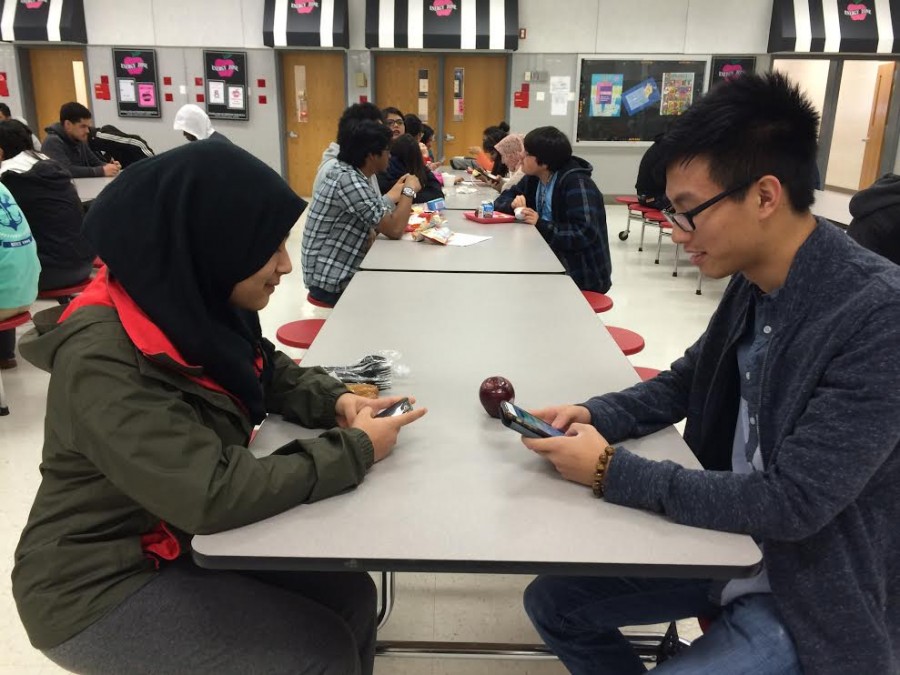
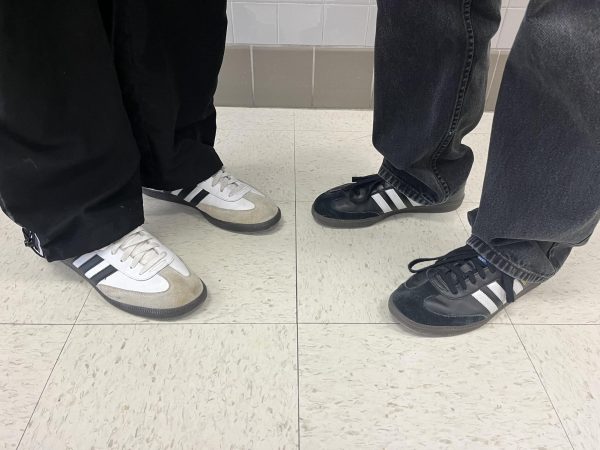

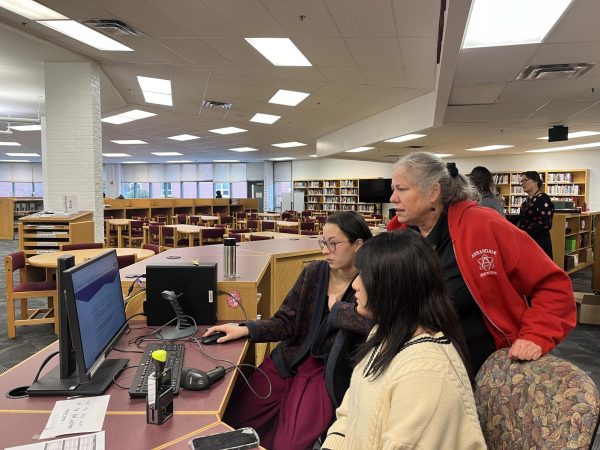

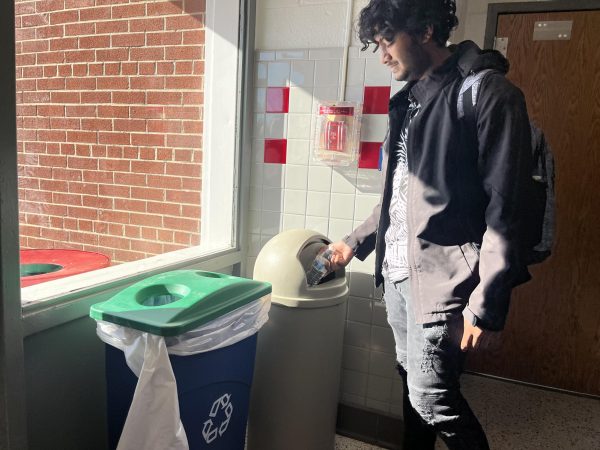
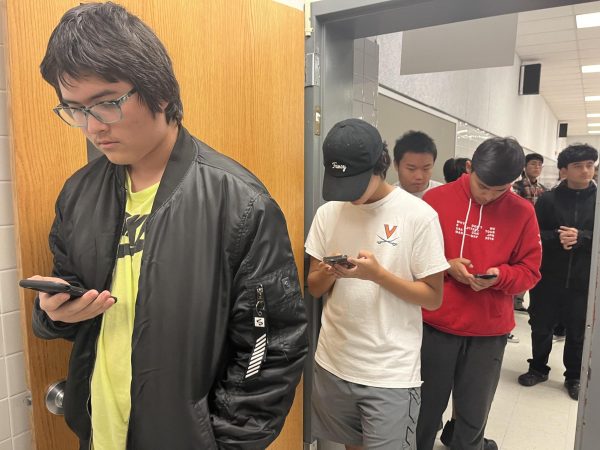
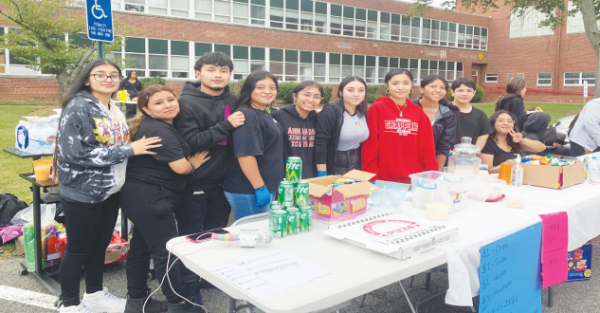
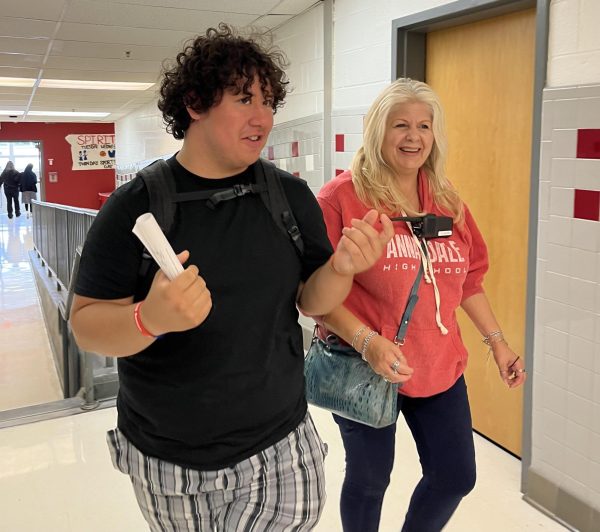

Savyuan Dumas • Apr 30, 2018 at 9:09 am
A relationship can be changing depending on who is around you. The people around could be the reason why your relationship could be changing because they may be jealous that you have something that they dont. Even social media that can definitely get you in trouble.